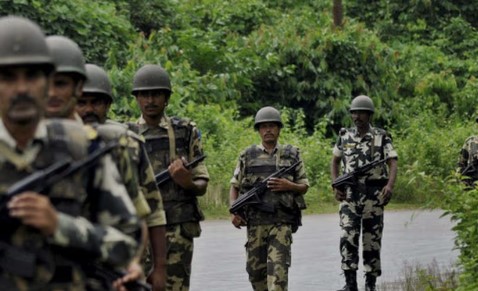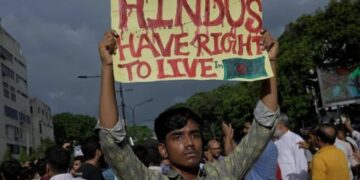In a recent address to the Lok Sabha, Home Affairs Minister of State Nityanand Rai reported a substantial reduction in areas designated as ‘disturbed’ under the Armed Forces (Special Powers) Act, 1958 (AFSPA) in Northeast Bharat. Rai attributed this progress to improved security conditions in the region, which has facilitated a phased withdrawal of the Act since 2014.
Responding to an unstarred question in Lok Sabha, Rai detailed notable improvements in the security landscape of Northeastern States. He highlighted a 71 per cent reduction in insurgency incidents, a 60 per cent decrease in deaths among security personnel, and an 82 per cent decline in civilian fatalities as of 2023 compared to 2014.
“The security situation in the Northeastern States has markedly improved since 2014,” Rai stated. “There has been a 71 per cent reduction in insurgency incidents, a 60 per cent decrease in security personnel deaths, and an 82 per cent reduction in civilian fatalities.”
The Minister provided specific updates on the status of AFSPA across various Northeastern States. In Assam, the Act has been completely withdrawn from all districts except four. Tripura saw the complete withdrawal of AFSPA effective from May 27, 2015, while Meghalaya followed suit on April 1, 2018.
In Arunachal Pradesh, AFSPA has been gradually lifted and is now only in effect in three police station areas in Namsai district, and three other districts: Tirap, Changlang, and Longding. Manipur has seen AFSPA withdrawn from 19 police station areas across seven districts.
However, in Nagaland, the withdrawal of AFSPA has been more limited, with the Act remaining applicable in eight districts and 21 police station areas across five other districts.
AFSPA, enacted in 1958, grants special powers to the Indian Armed Forces in areas deemed ‘disturbed’ due to insurgency. The reduction in the Act’s application across the Northeast reflects improved security and governance in the region.

















